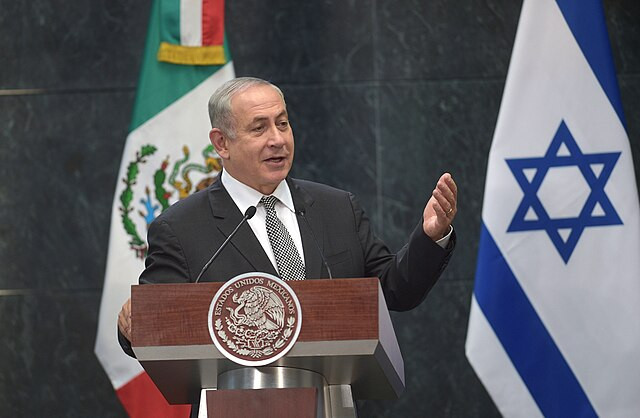Israeli Prime Minister Benjamin Netanyahu has formally requested the International Red Cross to provide immediate humanitarian aid to hostages held by Hamas in Gaza, amid rising domestic unrest, international outrage over hostage videos, and stalled ceasefire negotiations.
The appeal follows the release of disturbing footage last week by Hamas and Palestinian Islamic Jihad showing hostages Evyatar David and Rom Braslavski in emaciated condition. The videos have provoked condemnation from France, Germany, the U.K., and the U.S., and led Israel's Foreign Ministry to call for an emergency UN Security Council session scheduled for Tuesday.
Netanyahu's office confirmed Sunday that the prime minister spoke with Julien Lerisson, the Red Cross' regional head, urging the agency's involvement "in the immediate provision of food and medical care for the hostages." In parallel, the office denied that famine is sweeping the Gaza Strip, despite a UN-backed food agency warning of an "unfolding famine."
According to Israeli officials, approximately 50 hostages remain in Gaza, with only 20 confirmed alive. Hamas has said it is willing to coordinate with the Red Cross-but only if Israel halts airstrikes and permanently opens humanitarian corridors. Abu Obeida, spokesman for Hamas' military wing, stated: "They will not receive any special privileges amid the crime of starvation and siege."
Basem Naim, a senior Hamas political official, told CNN, "It is essential to improve the catastrophic humanitarian situation significantly and to obtain a written response from the enemy... This is a condition to go back to negotiations."
The Hostages and Missing Families Forum, representing relatives of the captives, accused both Hamas and the Israeli government of endangering lives. "Netanyahu is preparing the greatest deception of all. The repeated claims of freeing hostages through military victory are a lie and a public fraud," the group said Sunday. It added, "Hamas... has been holding innocent people in impossible conditions for over 660 days."
Six more starvation-related deaths were reported by Gaza's Health Ministry over the weekend, raising the total to 175, including 93 children. The World Health Organization warned last week that over 5,000 children under five had been treated for malnutrition in the first half of July alone.
COGAT, the Israeli military agency coordinating humanitarian access, said Sunday that four U.N. fuel tankers entered Gaza to support hospitals, bakeries, and aid kitchens. Egypt also reportedly authorized two trucks carrying 107 tons of diesel, though confirmation of their entry remains unclear.
Aid distribution remains dangerous. Thirteen people were killed near a distribution point in northern Gaza Sunday, and Palestinian officials said at least 80 people were killed in Israeli strikes that day, including those attempting to reach aid.
Belgium and France joined Jordan in airdropping food and supplies into the enclave, though U.N. officials insist air operations are insufficient to address the scale of the crisis. Over 23,000 tons of aid reportedly entered Gaza last week via 1,200 trucks, but hundreds remain undelivered due to logistical breakdowns and looting by armed gangs and desperate civilians.






